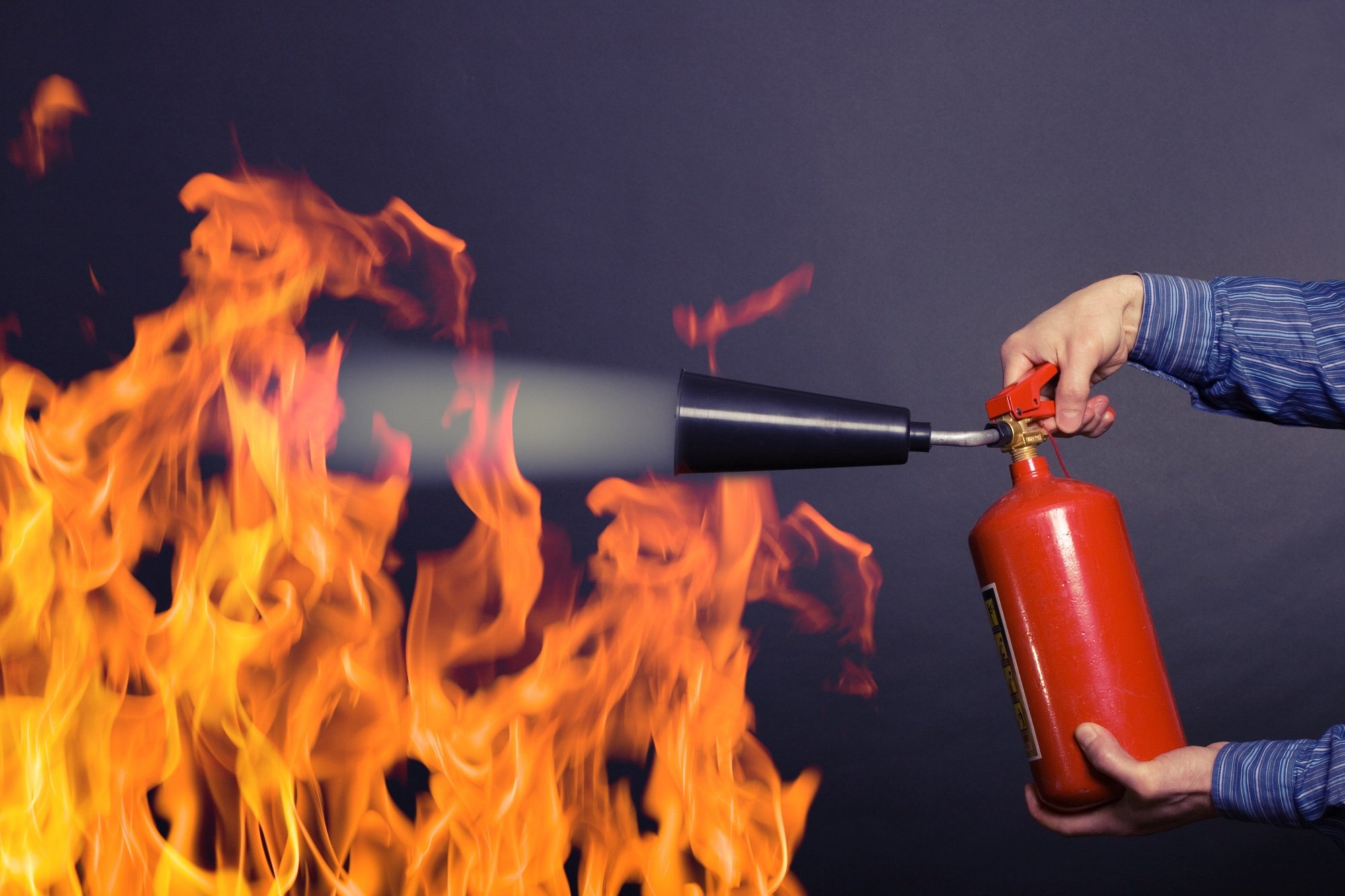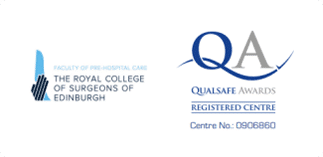Organisations in the UK have a responsibility to staff when it comes to health and safety in the workplace.
Training appointed staff in first aid and immediate medical care is highly important. The same goes for fire prevention.
In respect of fire precautions, it is extremely important that you make your workplace a safer environment for all concerned. This includes:
- The owner(s) of the business.
- All those you employ.
- Visiting colleagues.
- Customers and potential customers.
Who is responsible for appointing someone to look after fire safety?
This is the person who owns or controls the business or the premises on which business is carried out.
If this is a ‘shared responsibility’ – i.e. Landlord & Tenant – These two parties are obliged to co-operate.
So, if you are the owner of a business, you need to appoint someone as a designated fire warden (often known as fire safety officer). Obviously, the larger your staff numbers, the more fire wardens you will need.
Duties of a fire warden/fire safety officer:
These are wide and varied but include responsibility for correctly managing such things as:
- Fire Risk Assessment – By law, any business that employs 5 or more staff must complete and record (in writing) a fire risk assessment.
- Fire procedures – Devise fire procedures in the event of a fire – Example: Evacuation procedure.
- Company fire safety policy – Document and issue details to all staff. This policy should be explained to existing staff and included in induction training of new staff.
Also place written details of this policy in prominent areas of the workspace – i.e. Reception, General Office, Meeting Room, Kitchen, W.C.’s.
- Staff training – While this can be carried out by the fire warden(s) it is recommended that an outside, professional training company are used for major staff training sessions – Perhaps 2 per year for smaller companies, 4 per year for larger companies – With ‘in between’ training/advice given by fire wardens.
- Fire Drills – These should be carried out on a regular basis to ensure staff know exactly what to do in the event of a building fire breaking out and the evacuation procedure – Where they should congregate (stipulated assembly point) outside the building.
- Means of Escape/Signs & Notices – Clearly indicated escape routes, routes that are left uncluttered. Signs and short, sharp instructions should be displayed. Fire extinguishers placed appropriately and instructions on use/what type of fire they should be used on clearly displayed.
- Emergency lighting/Fire alarm – Periodically check both are in working order and have a notification system to advise staff of such testing (i.e. written and carried out in stone – “Fire Alarm/Emergency Lighting Test” will take place at 09.00hrs every Monday morning).
- Electrical extension leads – A continual check that electrical extension leads are not being overused / overloaded – This is a major source of fire in the working environment. Action needs to be taken if staff need additional power supplies.
Are you doing all you should be?
We have only really touched on what a Fire warden/Fire safety officers’ duty involves. As can be seen it will reap benefits by having a competent person(s) professionally trained to carry out such duties.
Please also remember that you should have a ‘deputy’ as the competent person will not always be present in the office (holidays, other outside training courses, sickness etc.).
Essex Medical Training can assist in helping you in such instances with either on or off-premise tuition. The price you will pay is a very small one for staff safety and peace of mind.




